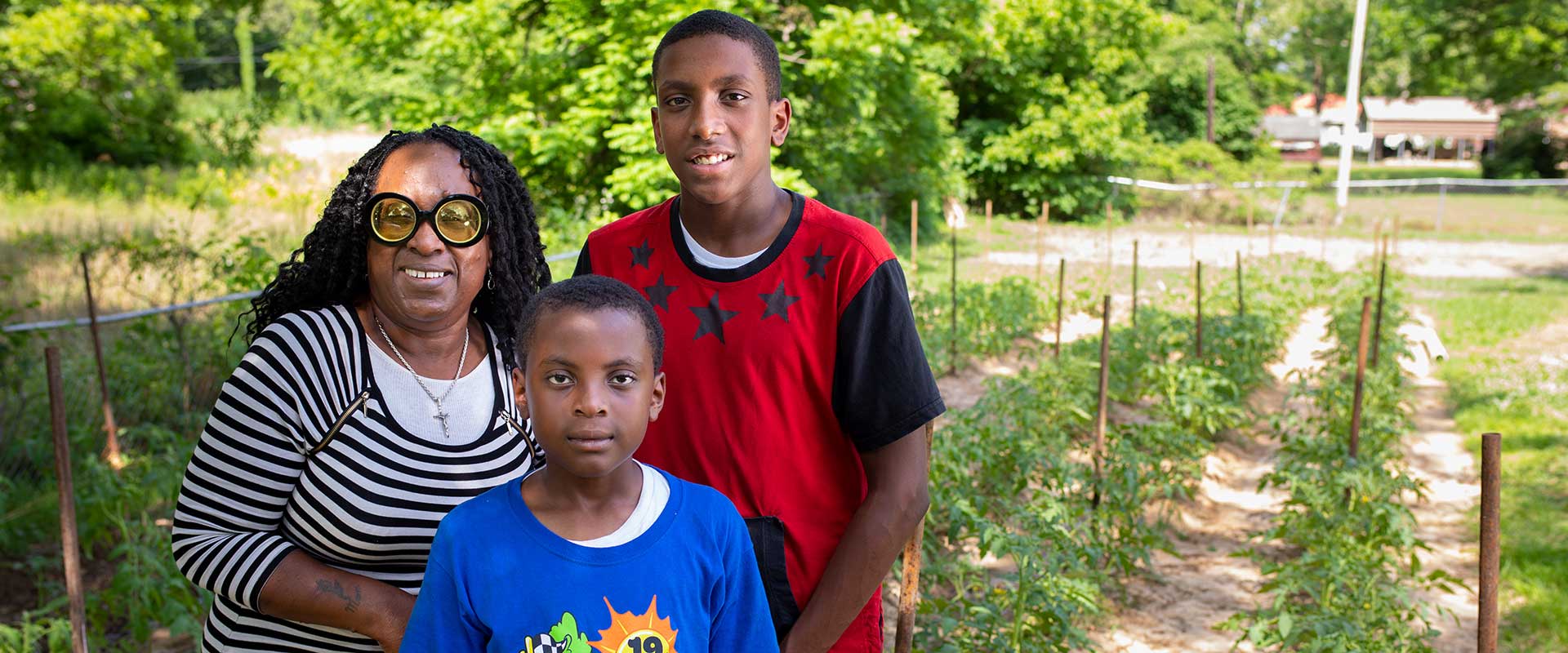“Advancing equity in Arkansas will have a profound effect on the state’s families and communities, with the potential to drive significant economic growth. All of us—community leaders, employers, policymakers and others—have a stake in addressing the opportunity gaps and unequal access that hold back our entire society.” – Dr. Sherece Y. West-Scantlebury, CEO, Winthrop Rockefeller Foundation
The Winthrop Rockefeller Foundation has a distinctive origin story. Win Rockefeller was born in New York City into one of the wealthiest families in history. After serving in the U.S. Army, he went to visit a friend in Arkansas and fell in love with the region and decided to settle near Little Rock permanently. He built a global cattle business and eventually ran for and was elected governor. As governor, he was credited with passing the state’s first minimum wage act, enacting prison reform and integrating Arkansas schools. He was the only southern governor to mourn the assassination of Dr. Martin Luther King, Jr. publicly, saying: “I am not my brother’s keeper. I am my brother’s brother.”
Governor Rockefeller’s legacy became the Winthrop Rockefeller Foundation (WRF). Today, WRF, with about $170 million in assets, is focused on funding systemic change to address the root causes of poverty in Arkansas. Governor Rockefeller said, “There’s no place for poverty in Arkansas.” Maybe not coincidentally, this aligns with the personal mission of Dr. Sherece Y. West-Scantlebury, WRF’s CEO since 2007, who believes that there’s no place for poverty in the U.S.
Dr. West-Scantlebury, who was raised in Baltimore’s Murphy Homes public housing community, is passionate about eradicating poverty, building community and advancing equity. According to Dr. West-Scantlebury, “There’s a point where you make a choice between whether you want your society, community or economy to be one filled with working-age adults who are not employable or you change the system to be responsive to the needs of children and families and their success.” She believes we are at that point and that WRF can play a critical role for Arkansans, to ensure their background does not determine their life’s course and outcomes.
When Cheryl Hampton’s home—which had been in her family for six generations— was being threatened with foreclosure, she worked with credit counselors at Southern Bancorp. Backed by a grant from the Winthrop Rockefeller Foundation, the bank helped her to buy back her family home.
WRF carries out its mission—to relentlessly pursue economic, educational, social, ethnic and racial equity for all Arkansans—through funding nonprofits and advocacy groups that have a “multiplier effect” and aim to increase prosperity for future generations. For example, an important focus for WRF is ALICE (asset limited, income constrained, employed) families, who represent a significant segment of Arkansas households—providing grants to support research, affect policy and change the narrative so that the health care workers, teachers, retail employees, delivery drivers and members of the military in Arkansas who struggle with financial stability can access pathways to thrive over the long term. In addition, WRF provides funding to Community Development Financial Institutions (CDFIs) across Arkansas to provide access to capital, especially to entrepreneurs who identify as women and people of color.
The Foundation’s commitment to its mission is palpable. “Over time,” says Andrea Dobson, the Foundation’s CFO and COO, “we began to realize that our investments needed to help us achieve our mission.” In 2014, the organization went through a search process to find an investment partner that could deliver performance and mission-aligned investments. Today, about 50% of the Foundation’s endowment is invested sustainably, including in Brown Advisory’s Large-Cap Sustainable Growth strategy—with Mary Gregory as WRF’s relationship manager. “If we’re really going to create change, capital markets have got to be part of it,” says Dobson.
